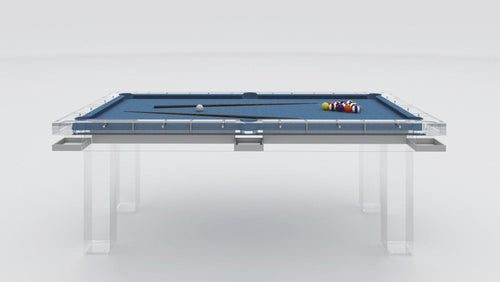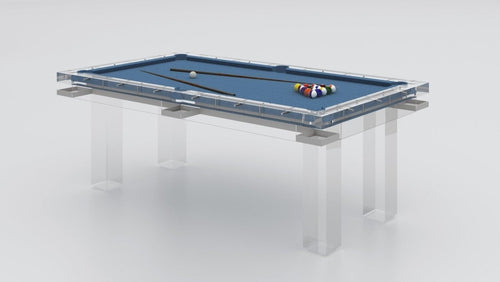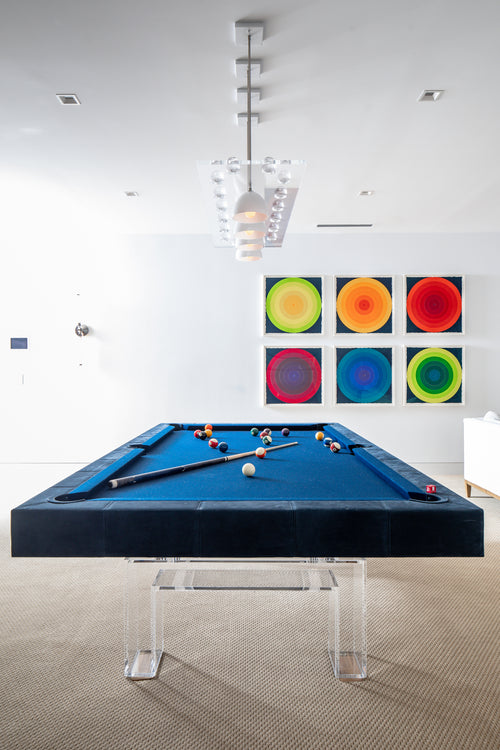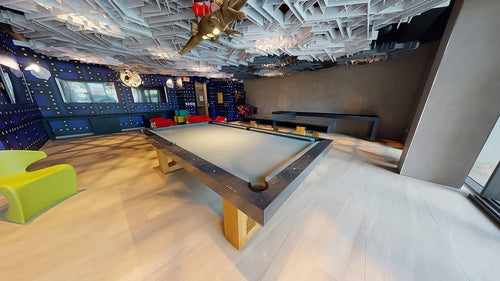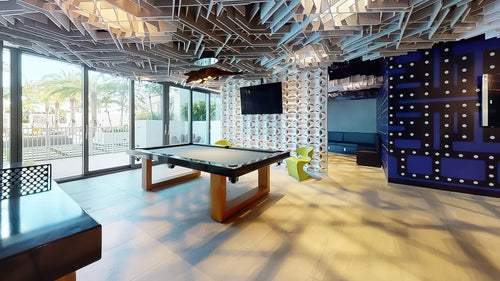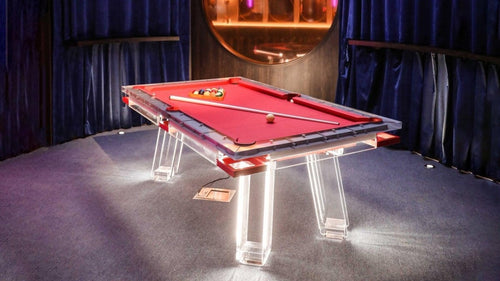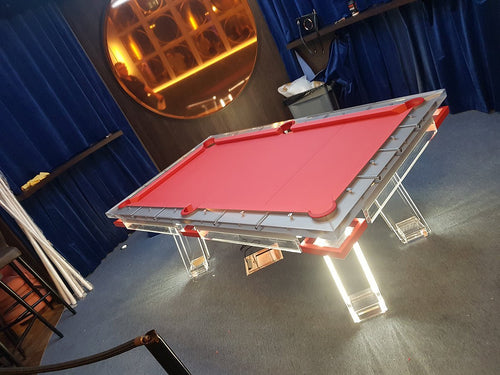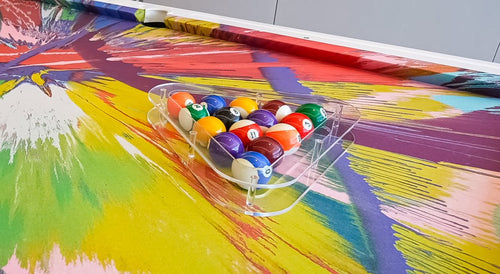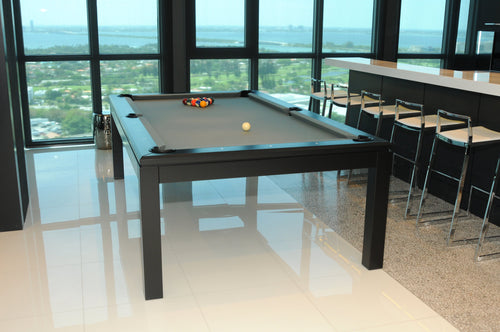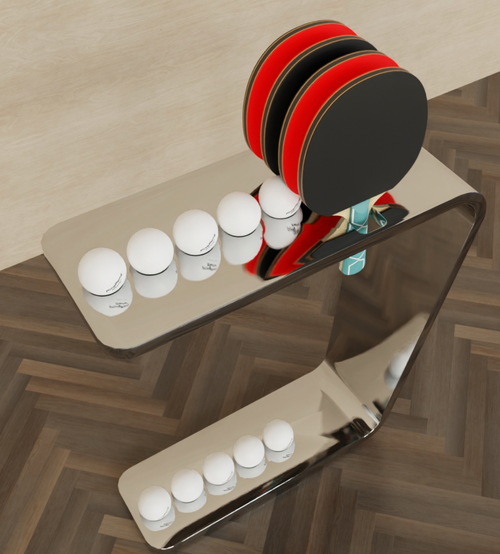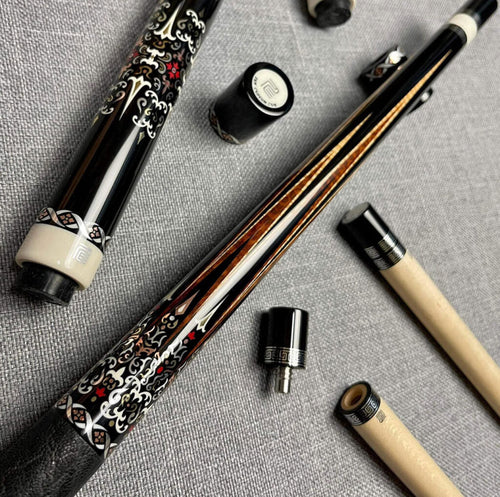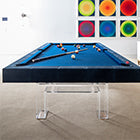Enjoy our modern designs
Crud is a game steeped in history, with origins that are closely tied to the military, particularly the Royal Canadian Air Force (RCAF). Though its precise beginnings are somewhat shrouded in mystery, the game has become a beloved tradition among air forces around the world, especially as a way to unwind and bond on TGIF nights.
What is Crud?
Crud is a fast-paced game played on a pool table using only two balls—typically a cue ball and an object ball. The goal is to knock the opponent's ball off the table using the cue ball, all without the use of cues. The game is typically played by two players or teams, and it requires quick reflexes, strategy, and a bit of luck. For a detailed explanation of the rules and how to play, check out this blog post.
A Canadian Invention

Crud is believed to be of Canadian origin, specifically an RCAF creation. While the exact details of its invention are debated, one popular legend traces the game back to the days of World War II. According to this story, a group of RCAF fighter pilots found themselves stuck in Gander, Newfoundland, waiting for their flights to the UK. In need of entertainment but lacking functioning pool cues, they improvised a new game using the pool table, two balls, and no cues. Thus, Crud was born—a simple yet engaging game that quickly became a favorite pastime among the personnel.
The Resolute Bay Story

Another layer to Crud’s history comes from the icy expanse of Resolute Bay, a remote RCAF outpost in Canada’s Arctic. In the early 1950s, during a ferocious winter, the servicemen stationed there found themselves without cue sticks—perhaps they had been sacrificed for heat. According to Squadron Leader (S/L) Dean Broadfoot, the detachment commander at the time, the troops, eager to blow off steam, improvised a new game using the pool table, a couple of billiard balls, and no cues. They aptly named it "Arctic Crud."
From Gander and Resolute Bay to a Global Tradition

As these stories suggest, Crud’s popularity spread rapidly within the RCAF and beyond. Over time, it quickly caught on in other branches of the Canadian Armed Forces, and soon found its way into the social activities of the Canadian Coast Guard, the United States Air Force, the United States Navy, the United States Marine Corps, and even the Australian Army and Royal Australian Air Force.
Crud’s simplicity and the camaraderie it fosters have made it a cherished tradition in military communities worldwide. Today, what began as a creative solution to idle time in remote military outposts has become a global tradition, bringing together servicemen and women from diverse backgrounds. Whether played in a mess hall, a rec room, or during a friendly inter-service competition, Crud continues to bring people together, bridging the gap between different cultures and military branches.
In closing, if you have your own Crud stories or insights, we’d love to hear them—every account adds to the rich tapestry of this unique game’s legacy.





